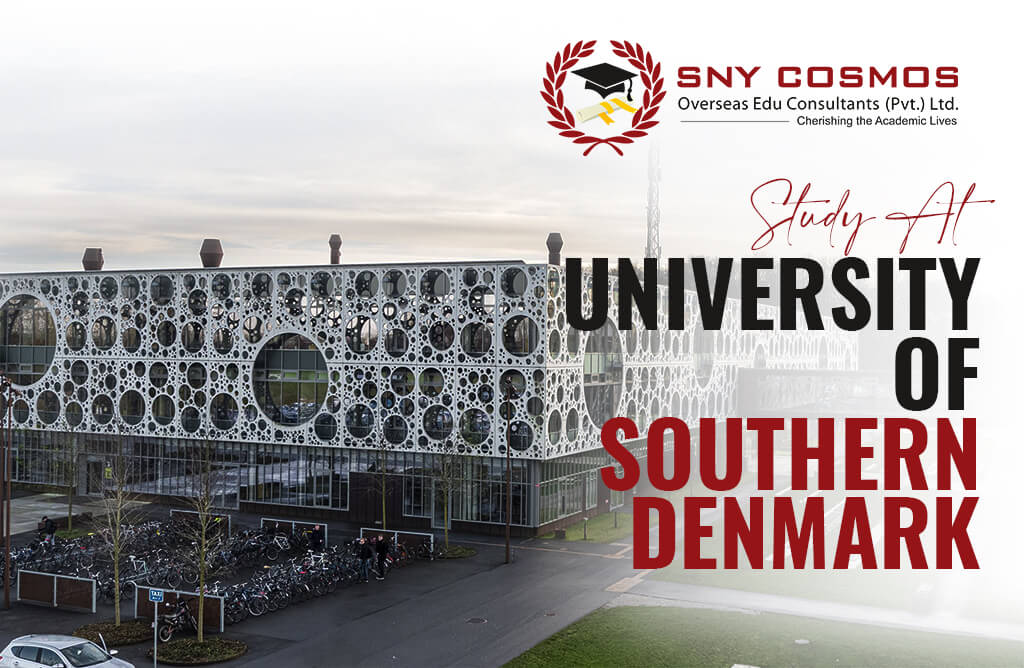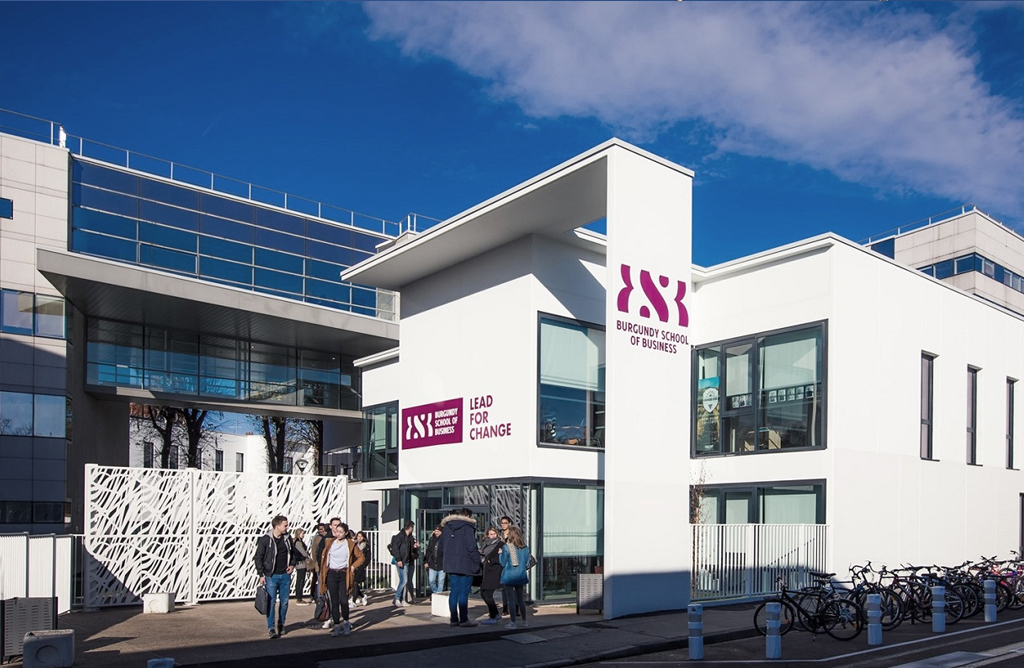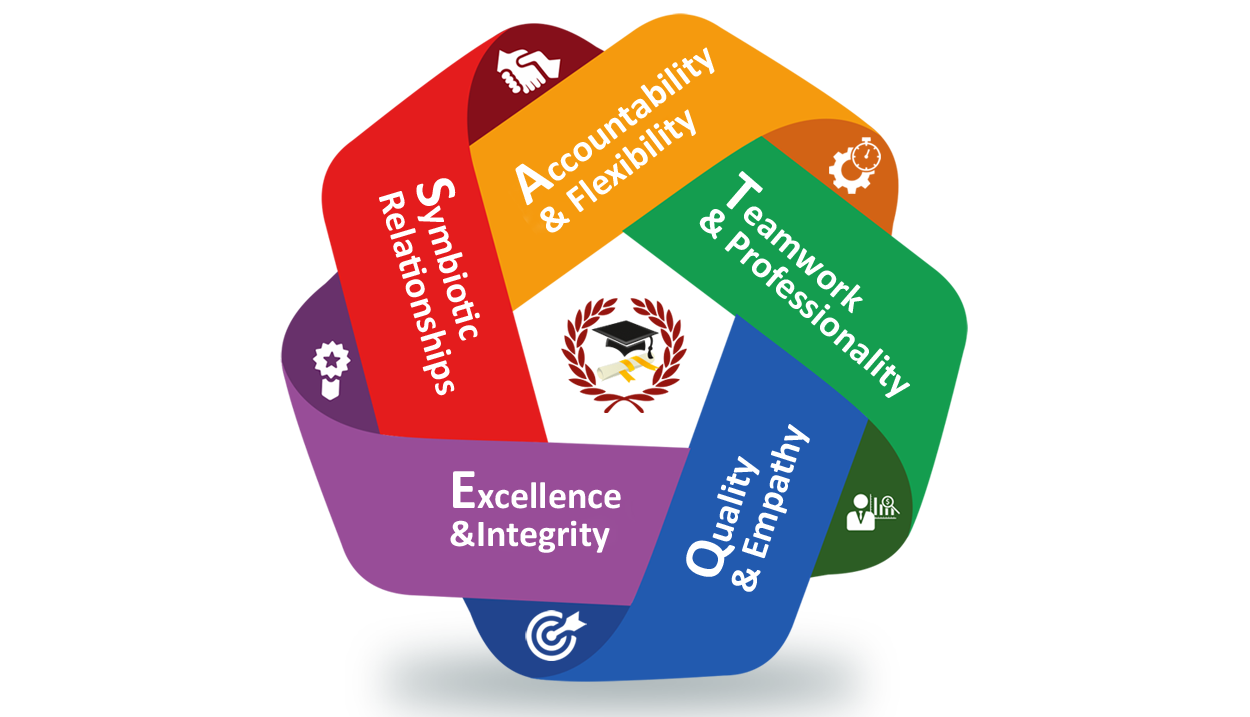Evolution of France as a Global Hub for Management Education

France is increasingly recognized as a major international center for management education because of its esteemed universities, cutting-edge curricula, and rich cultural legacy. France's remarkable rise to this status over the years has been defined by its historical roots, innovative pedagogy, and deliberate globalization initiatives. France has constantly changed to meet the ever-changing demands of the business world, from the founding of innovative institutions like HEC Paris in the late 19th century to the adoption of cutting-edge methodology and emphasis on experiential learning in the modern period. Furthermore, France has established itself as a draw for international students looking for top-notch management education thanks to its advantageous location in Europe, thriving corporate environment, and dedication to academic achievement. This essay investigates France's development as a worldwide center for management education, exploring its historical foundations, analyzing contemporary issues, and forecasting future opportunities in the constantly changing field of business education.
A World Leader in Business & Finance
With sixteen B-schools accredited by the Triple Crown, the most prestigious accreditation available, France is ranked second in the world (behind the UK). Innovative business programs, including master's in international finance, business analytics, strategic management, and marketing and creativity, are offered by several well-regarded colleges. Students who receive a glimpse of the business world are drawn to these universities' capstone projects.
Historical Foundations of Management Education in France
The academic and socio-economic development of France is closely linked to the historical underpinnings of management education in that country. Specialized training in administration and business was made possible by establishments such as the Écoles Centrales and Écoles Supérieures de Commerce, which emerged in the 19th century. However, the foundation of organizations such as HEC Paris in 1881 was what cemented management education's formalization. Following World War II, there was a great demand for managers with experience, which contributed to the growth of business schools throughout France. Institutions like ENA also contributed to the public sector's leadership development. French business schools gained international recognition as they adopted accreditation and internationalization throughout time. With specialized programs serving a variety of businesses and combining tradition and innovation, the landscape continued to change adapting to the shifting demands of the economy and society. These historical roots still support France's leading role in influencing management education globally today.

Rise of Business Schools in France
In France, business schools began to emerge in the late 19th and early 20th centuries, coinciding with the nation's industrial and economic growth. Organizations that had a significant impact on the development of business education included the École des Hautes Études Commercials (HEC) in Paris, which was established in 1881. Due to the increased need for competent managers and administrators, business schools in France saw substantial growth in the years following World War II. Over time, these establishments developed to provide extensive programs encompassing multiple fields within the field of business administration, such as finance, marketing, and organizational behavior. With time, French business schools adopted internationalization, forming alliances with colleges across the globe and providing English-taught programs to draw in a varied student body. French business schools are now respected internationally for their outstanding academic performance, creative research, and contributions to the global growth of management education. Furthermore, the launch of MBA programs increased France's allure to foreign students by giving them the chance to study at a top university in the center of Europe.
Pedagogical Innovations in French Management Education
Pedagogical innovations have been embraced by French management education to meet the varied needs of multinational students. A noteworthy development in education is the incorporation of experiential learning approaches, such as case studies, simulations, and consulting projects, which enable students to apply abstract ideas to actual business problems. Additionally, interactive lectures and flipped classroom models promote critical thinking abilities and active engagement among global cohorts. Furthermore, French business schools have made use of technology to provide online and hybrid learning methods, giving students from all over the world flexibility and accessibility. In addition to improving the educational experience for overseas students, these pedagogical innovations also give them the tools they need to succeed in the workplace by preparing them for the intricacies of the global business environment.
Additionally, French By utilizing technology, business schools may now offer online and hybrid learning environments that give students from all around the world flexibility and accessibility. In addition to improving the educational experience for overseas students, these pedagogical innovations also give them the tools they need to succeed in the workplace by preparing them for the intricacies of the global business environment. Additionally, French universities place a strong emphasis on experiential learning by giving students the chance to participate in international study abroad programs, internships, and consulting assignments. This helps students bridge the gap between theory and practice.

Internationalization of Management Education in France
France's rise to prominence in the world of management education can be attributed in large part to its welcoming attitude toward foreign students. To draw in students from various academic and cultural backgrounds, French business schools have adapted their curricula more and more. Some of these strategies include providing a large selection of English-taught courses, forming relationships with international organizations, and promoting a multicultural learning environment. These programs not only enhance the educational experience, but also give students priceless chances for networking, cross-cultural cooperation, and exposure to global business methods. Focusing on innovation, diversity, and worldwide relevance, French management education has established itself as a top choice for international students hoping to succeed in the fast-paced, globally integrated corporate environment of today.
Collaboration with Industry and Research Institutions
The development of management studies in France depends on cooperation with business and research organizations, which provides students with priceless chances to connect theory with reality and stay up to date on new developments. Leading companies, SMEs, and startups regularly collaborate with French business schools to provide students with mentorship programs, internship opportunities, and consulting assignments. Through these partnerships, students gain practical experience that enables them to apply theoretical concepts in real-world contexts and build employable abilities. Furthermore, professors and students can perform cutting-edge research through partnerships with research institutes, which helps to build novel management theories and practices. French management studies continue to be at the forefront of academic excellence and industry relevance thanks to these cooperative efforts, enabling students to successfully navigate the complexity of the field of today's global business environment.
Government Policies and Support for Management Education
The French government has put in place several initiatives to raise the standard and level of competition of its business schools. International students are intended to find a friendly and accommodating atmosphere in France thanks to government regulations and support for management education. The French government actively advertises France as an appealing location for international students, offering scholarships, grants, and financial aid to support their studies through programs like the "Bienvenue en France" program and the "Make Our Planet Great Again" project. Furthermore, France's dedication to advancing education is demonstrated by its investments in R&D and innovation, which support management education by providing access to cutting-edge facilities, funds for research, and chances for collaboration. Government rules also guarantee rigorous academic requirements and accreditation procedures, which raise the caliber and legitimacy of management programs that are provided to students from abroad. All things considered, French government policies show a dedication to giving foreign students access to top-notch management education while encouraging cross-cultural interaction and diversity within the academic community.

Challenges and Opportunities
Even while France has advanced significantly in management education, there are still several obstacles to overcome. France's hegemony in the field is threatened by competition from developing nations like China and India. It's also always difficult to uphold standards of quality while guaranteeing affordability and accessibility. But there are also lots of chances for development and innovation, especially in fields like global leadership development, sustainability, and digital transformation. By tackling these obstacles and seizing fresh chances, France can improve its standing as a top choice for foreign students looking to pursue top-notch management education.
Future Directions and Prospects
In the future, France will be in a strong position to continue leading the world in management education. French business schools may maintain their position as leaders in management education by embracing innovation, encouraging global partnerships, and making adjustments to meet shifting market demands. French business schools are required to include cutting-edge approaches like artificial intelligence and data analytics into their curricula to prepare students for the digital economy, given the speed at which technology is developing and the way that business environments are changing. In addition, there is an increasing focus on sustainability and corporate social responsibility, with educational institutions integrating these ideas into their curricula to address environmental and societal issues. It is also anticipated that collaboration with foreign academic institutions and business partners will grow, promoting knowledge sharing and giving students access to a variety of viewpoints and ideas. France's management education is well-positioned to continue leading the way in equipping upcoming leaders for the intricacies of the corporate world of the twenty-first century, thanks to its embrace of innovation, sustainability, and teamwork.
Conclusion
In conclusion, France's development into a major international center for management education is evidence of its long history, dedication to quality, and innovative spirit. French business schools have developed over centuries and are known for offering top-notch programs that draw students from around the world. Through the promotion of business relationships, acceptance of diversity, and utilization of government support, France has established itself as a top choice for international students looking to study management at the highest caliber. France is poised to take on new challenges and seize possibilities as the world economy continues to change, continuing to be a leader in management education.









































































